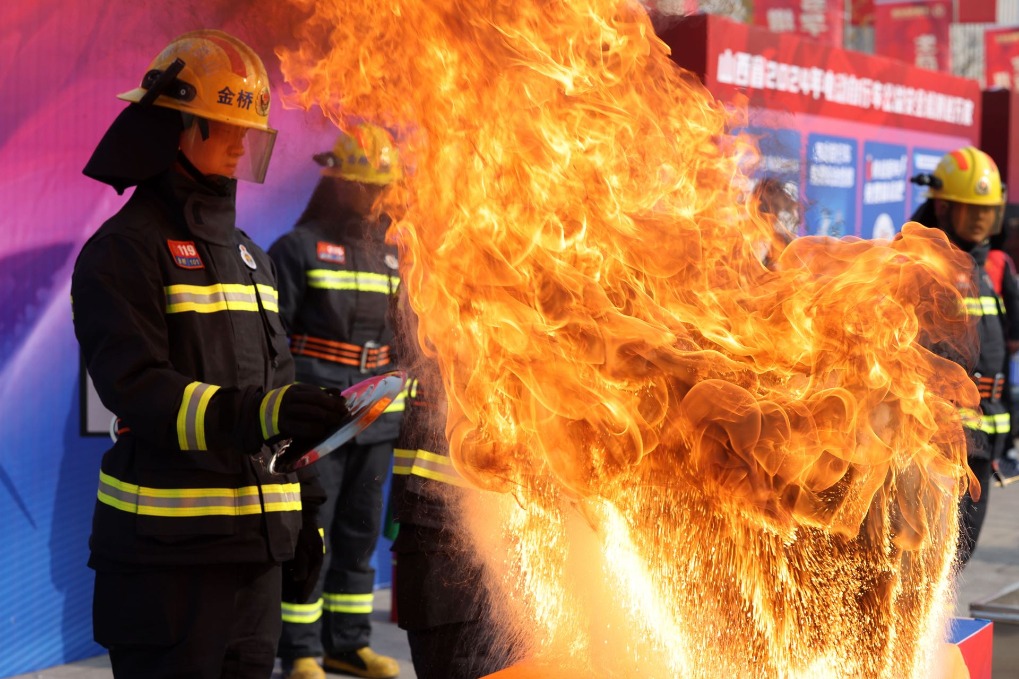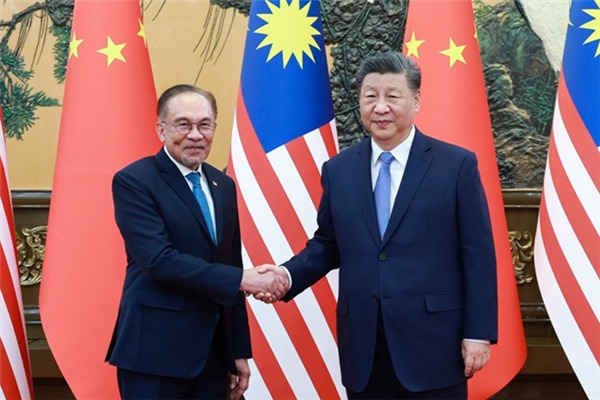Tianjin University touts chemical breakthrough

In a groundbreaking development, scientists from Tianjin University have developed a low-cost, environmentally friendly catalyst for propylene production.
Propylene, one of the most produced chemicals globally, serves as a fundamental raw material in the manufacture of plastics, rubber, fibers and pharmaceuticals. It holds significant strategic importance for global petrochemical industry chains.
This breakthrough was published on Friday as a cover story in the journal Science.
In 2023, China's propylene production exceeded 60 million tons, accounting for approximately one-third of total global output, with a value exceeding 600 billion yuan ($82.6 billion).
Among various propylene production technologies, propane dehydrogenation, or PDH, is preferred because of its high economic efficiency and reduced dependence on petroleum.
However, traditional PDH catalysts rely heavily on expensive platinum or toxic chromium oxide, making the process costly and environmentally detrimental, the university said.
The quest for a cheaper, greener and more efficient next-generation propylene catalyst has become a global focal point in chemical research.
The Energy and Catalysis Adventure Team at Tianjin University proposed a scientific hypothesis that utilizes inexpensive and environmentally friendly oxides to interact electronically with metals, thereby enhancing the catalytic process, and they subsequently developed a titanium oxide-nickel composite catalyst.
Titanium is abundantly available on earth, with China being one of the top resource-rich countries. Nickel is also plentiful globally.
The new catalyst demonstrates exceptional propylene selectivity and stability. It outperforms its international counterparts and can reduce costs by 30 to 50 percent while ensuring non-toxic and low-energy consumption during catalyst preparation and use.
This innovation provides insights into the next generation of efficient, cost-effective and sustainable propylene catalysts, the university said.




































